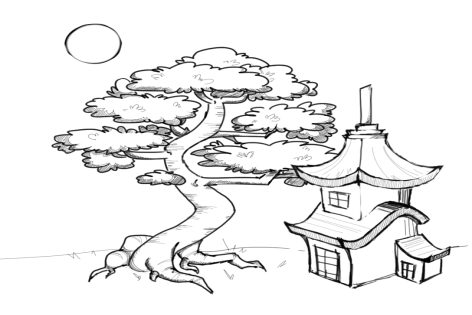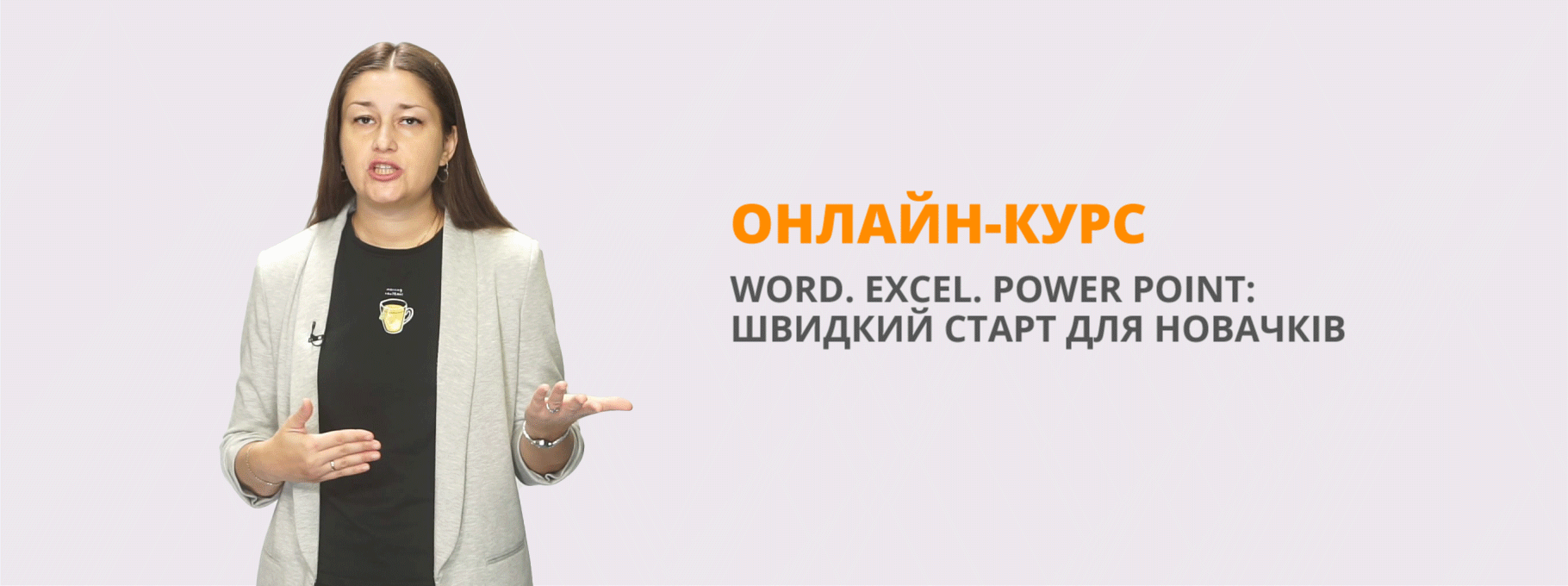Нестандартний урок "Ecological Haiku"
“Ecological haiku”

Тема: Eкологічні хайку 7-клас
Цілі: навчальні: - активізувати вживання вивченої лексики;
- розвивати навички говоріння;
- вдосконалювати навички читання;
- покращувати навички аудіювання;
- розширювати знання по темі за допомогою літератури;
- вчити учнів виражати думки через поезію;
- вдосконалювати навички письма.
розвиваючі: - розвивати навички роботи в парах;
- розвивати мовну здогадку та мовленнєву
реакцію учнів;
виховні:
- виховувати взаємоповагу та взаємодопомогу, толерантне ставлення;
- виховувати любов до власної планети та природи;
- виховувати любов до літератури;
- виховувати небайдуже ставлення до проблем навколишнього середовища;
- виховувати любов до іноземної мови та активне ставлення до її вивчення.
загальноосвітня: - підвищувати мотивацію до вивчення мови.
Обладнання: ілюстровані сторінки майбутньої книги, ілюстративний та роздатковий матеріал, аудіо та відео записи,олівці, фломастери , аркуші А3.
T: - Good morning, students! Nice to see you! I’m sure our lesson will be very interesting. Let’s try to guess what we’ll speak about. I’ll help you and read a great poem by Gordon J.L. Ramel. Listen to it.
Everybody wants to know.
"Where did all the eagles go?"
Did they fly away to Spain?
When will they come back again?
There used to be so many here
we'd see them any time of year,
but now they're gone and very rare.
But do the politicians care
that everybody wants to know
"Where did all the eagles go?"
And did you hear about the frogs?
it seems they're falling off their logs
and leaving forests everywhere
and soon there won't be any there.
Such wondrous beasts seen in a zoo
but once they lived as wildlife too.
So can you try and tell me why
all of these species had to die?
Is it good that they are gone,
or are we doing something wrong?
Yes everybody wants to know.
"Where did all the eagles go?"
We liked them here they looked so grand.
When will we learn to understand
that we could find life easily,
both on land and in the sea
if we can only learn to share.
But do the politicians care
that everybody wants to know.
"Where did all the eagles go?"
T : - So, what is it about?
S1: - Environmental problems. Animals leave their habitats and even die.
T: - What does a word “polititians” mean? Is it written only about polititians?
S2: - Of course, not. This word means “humans”, people who don’t care about environment.
T: - Thank you for your ideas. So, the theme of the lesson is …….
Class: - …… ecology.
T: - That’s right. The lesson is devoted to the Earth and its ecological problems. Let’s mention some of them.
S3: - Global warming.
S4: - Deforestation.
S5: - Melting ice caps.
S6: - Overfishing.
S7: - Air pollution.
S8: - Water pollution.
S9: - Food waste.
S10: - Plastic pollution.
S11: - Water waste.
T: - Thank you. There are lots of problems. And all of them are very serious. Today, we’ll speak about them but in an unusual way. Look at the blackboard. Here you can see a short poem. Let’s read it.
(There is a haiku poem on the blackboard)
S1: - Tree branch sways slowly
As a child sings a sweet song
Gracefully it goes.
T: - You see, there are only 3 lines in it. And they don’t rhyme. What kind of poem is it?
S2: - I know, it’s haiku.
T: - Great! It’s Japanese haiku. And what is haiku?
S3: - Haiku is a traditional Japanese form of poetry.
T: - Exactly. It’s usually about nature and feelings, It has 3 lines. There are 5 syllables in the first line, 7 syllables in the second line and 5 syllables in the third line. Let’s watch the video about some tips how to write haiku.
(Students watch “Haiku Poetry” to answer some questions)
T: - What’s the theme of haiku?
S1: - Nature.
T: - How many lines are in it?
S2: - Three.
T: - What is a syllable?
S3: - It’s a part of a word.
T: - Does haiku rhyme?
S4:- Never.
T:- What’s the structure of haiku?
S5: - 1st line – 5 syllables. 2nd line – 7 syllables. 3rd line - 5 syllables.
T; - Right you are. I have an interesting proposition for you. Let’s try to write haiku on an ecological theme. Let’s express your ideas through poetry.
Look at the blackboard. Here you can see 3 pages of a future book of haiku. Every page has a poem decorated with an illustration. Then we’ll create a real book of ecological haiku.
Let’s read them.
(There are 3 prepared pages on the blackboard)
S1: - Single-use plastic
Piling up on the planet.
There is no way….
I think it’s devoted to the problem of plastic pollution. All seas and oceans are contaminated by plastic. Humans must solve this problem as quick as possible.
S2; - Our Earth is dying,
Polluted and dark brown smog,
Save the planet now.
I’m sure it’s about air pollution. It’s a great problem of cities. It causes serious deseases.
S3: - On the city streets
Vehicles’ engines idly throb
Poisoning the air.
This haiku is about exhaust fumes from cars. It’s better stop using cars but start using eco-friendly transport (electro cars, trolley-buses, bikes and scooters…)
T: - Now, children, let’s try to become poets and artists for one lesson. Work in pairs and make a page of a future book. Take these sheets of papers, write your haiku on an ecological topic and illustrate it. Don’t forget about the structure: 5 -7 -5.
(Students work in pairs with the accompaniment of Japanese music – Sounds of Nature. Then they demonstrate their works).
T: - Your works are really amazing! I believe our future book will help draw much attention to these problems and solve them.
Thank you for your work!!!!


про публікацію авторської розробки
Додати розробку
